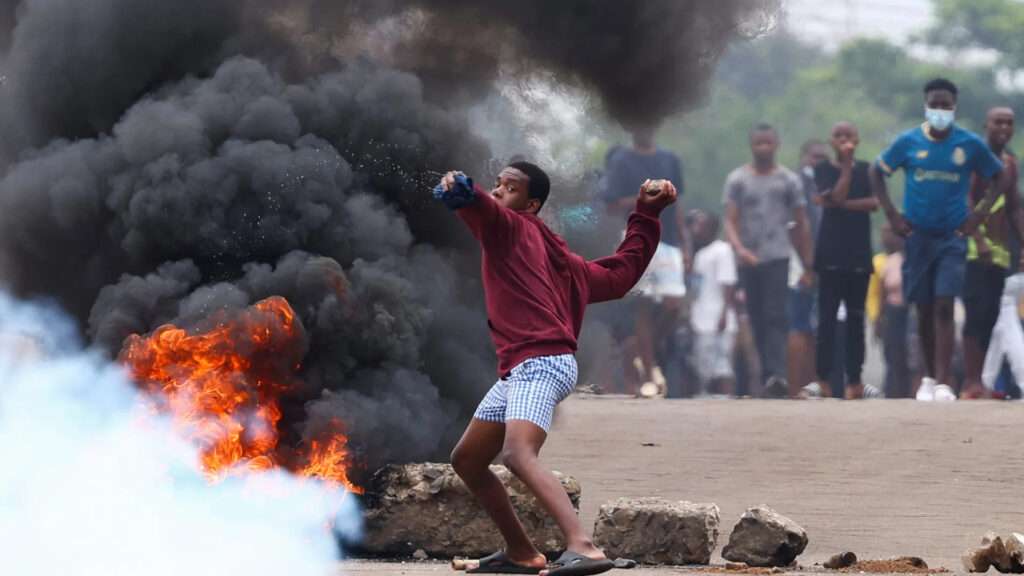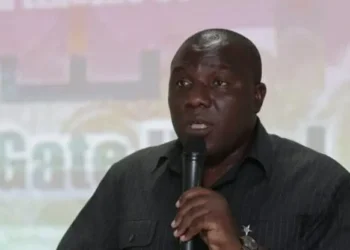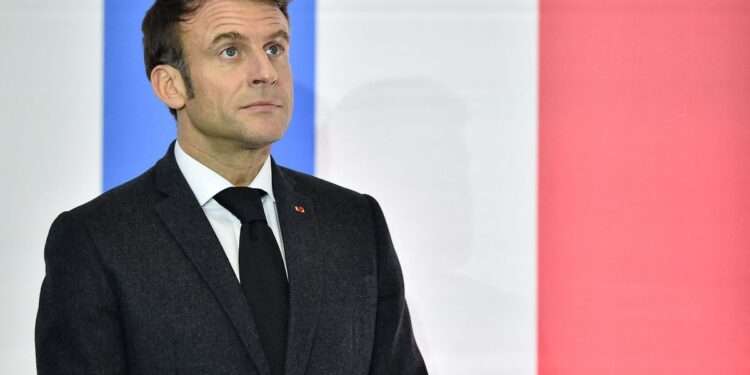The South African government has significantly increased security along its border with Mozambique, responding to growing unrest in the neighboring country.
The instability, triggered by disputed elections, has already led to several deaths and the escape of over 1,500 prisoners. Coordinated by the National Joint Operational and Intelligence Structure (NatJoints), these measures aim to preempt potential cross-border threats and safeguard regional stability.
In a statement, NatJoints reassured the public of the government’s commitment to safety. “South Africa remains committed to ensuring the safety and security of its citizens and upholding regional stability,” the statement read. The unrest is expected to worsen as Mozambique’s presidential inauguration approaches, raising concerns about potential implications for South Africa.
The government’s immediate response includes deploying additional personnel along the South Africa-Mozambique border. These measures are to deter opportunistic crimes and safeguard communities near the border.
NatJoints urged citizens to stay calm and avoid spreading unverified information that could cause unnecessary panic. “These developments have understandably raised apprehensions among South African citizens regarding the potential cross-border implications,” the statement noted. Authorities are closely monitoring the situation and will provide updates as they become available.
Diplomatic Efforts in Motion
In addition to bolstering border security, South Africa is pursuing diplomatic solutions. President Cyril Ramaphosa sent Professor Sydney Mufamadi as a special envoy to Mozambique to engage with stakeholders and assess the crisis.
Following his meetings, Mufamadi emphasized South Africa’s solidarity with Mozambique, stating: “We received detailed information from our Mozambican friends about the nature of the problem, what is being done to address it, and what role they believe we, as neighbors, can play in the search for peace.”
NatJoints highlighted the importance of collaboration between the two nations. “These engagements reflect the spirit of cooperation and mutual respect that underpin the relationship between South Africa and Mozambique,” it said. The bilateral discussions aim to find sustainable solutions to the unrest and restore order in affected areas.
The escalating crisis in Mozambique poses a significant challenge to regional stability, with potential ramifications for South Africa and its neighbors.
NatJoints emphasized that its intensified operations along the border reflect South Africa’s dedication to addressing these challenges proactively.
According to the government, the efforts underscore South Africa’s commitment to maintaining peace and stability in the region while supporting Mozambique in resolving its internal issues.

Broader Implications for South Africa
The government’s swift actions aim to reassure South Africans, particularly those living near the border, that their safety remains a priority. Citizens have been encouraged to report any concerns through official channels to ensure accurate and constructive communication.
The crisis has also tested South Africa’s leadership in navigating regional challenges. While the immediate focus is on securing its borders, Pretoria has stressed the importance of fostering long-term stability through diplomacy and cooperation.
As Mozambique approaches its presidential inauguration, the stakes remain high. The coming weeks will test the resilience of bilateral ties and the effectiveness of both nations’ measures to contain the crisis.
For South Africa, the goal is twofold: protecting its citizens and preventing the unrest from destabilizing the broader region. Through its combined security and diplomatic efforts, the government has sent a clear message of solidarity with Mozambique while reaffirming its leadership in regional peacebuilding.
READ ALSO: Comparison, Killing Ghana’s Creative Arts Industry



















